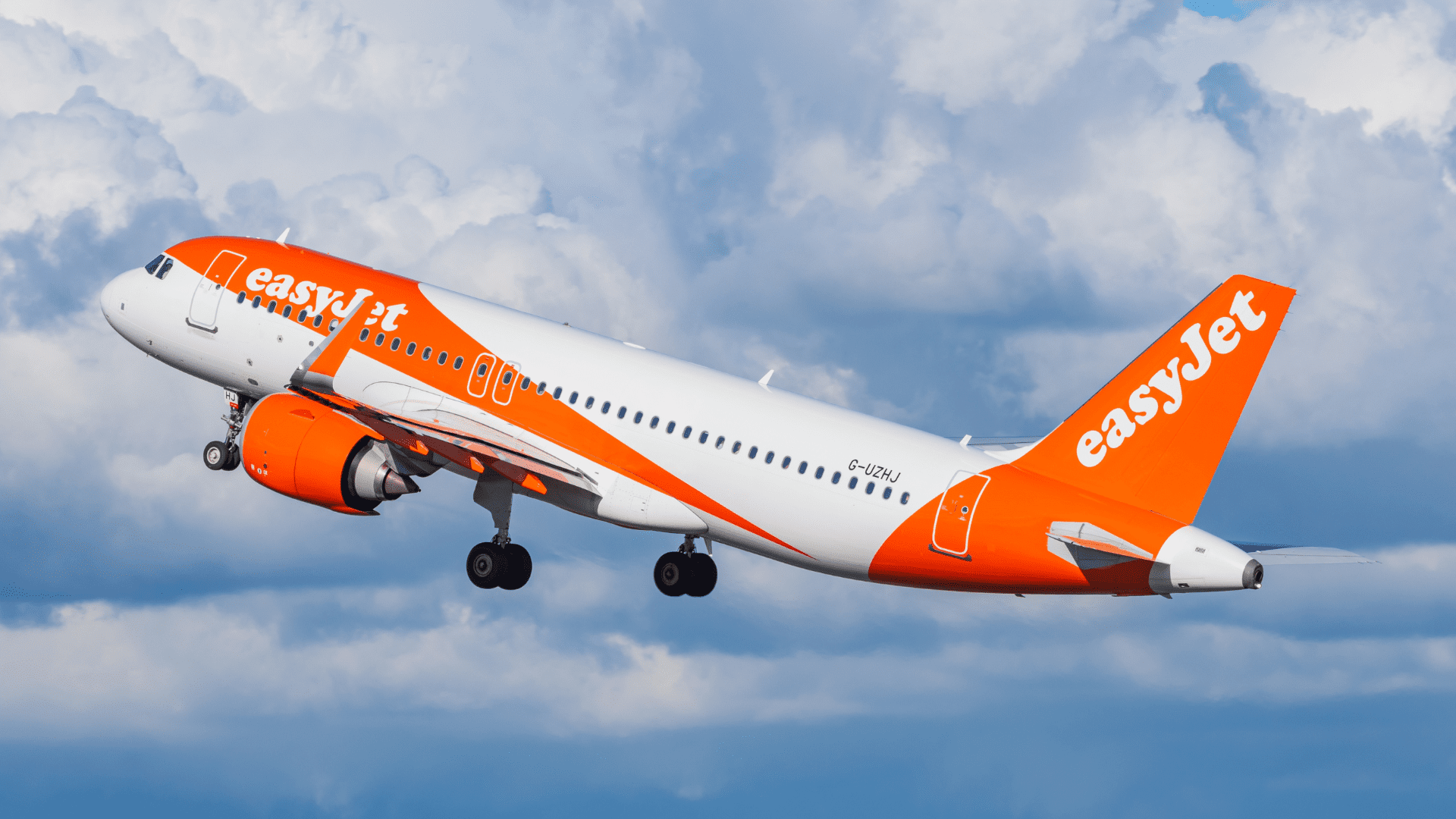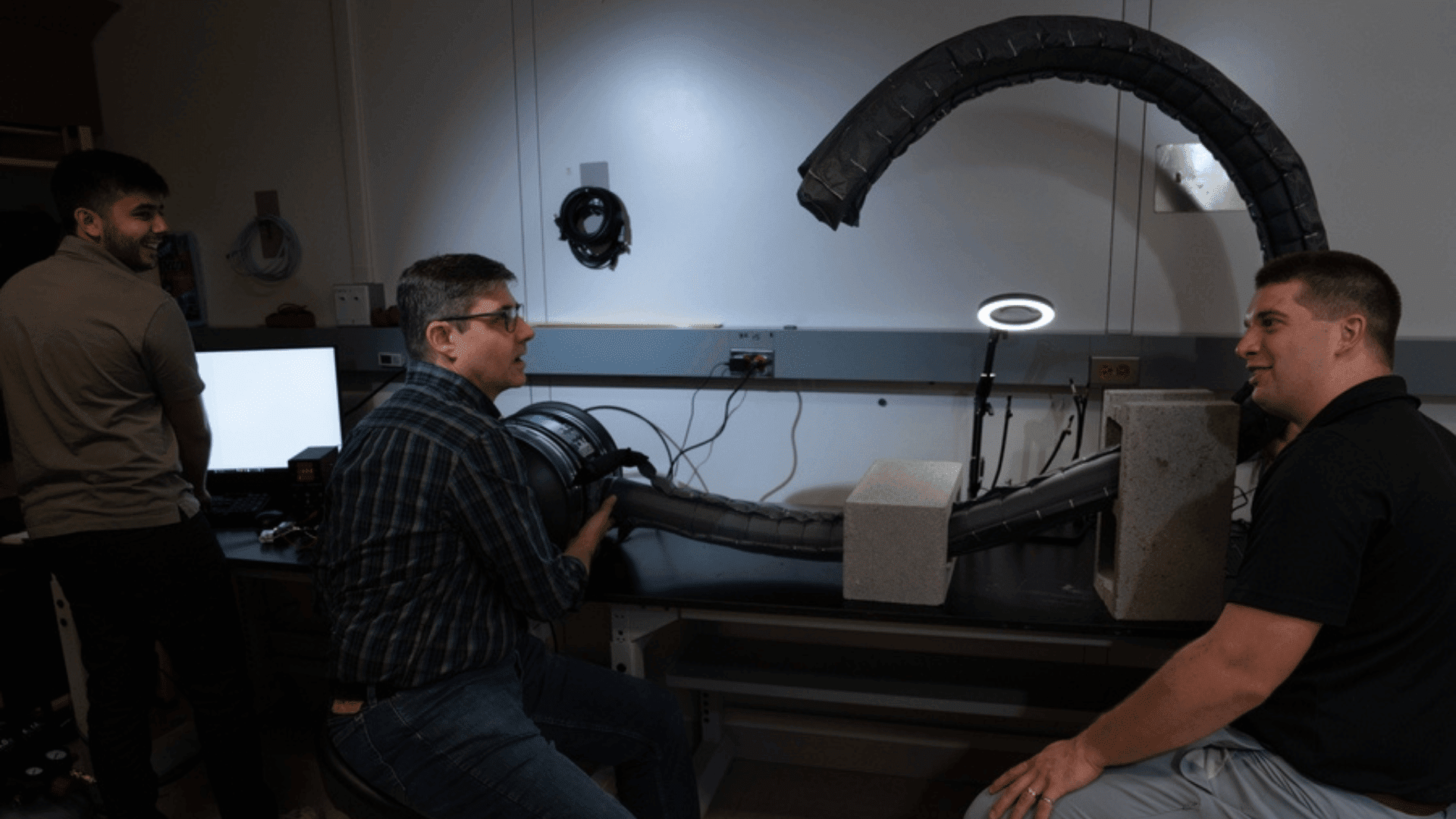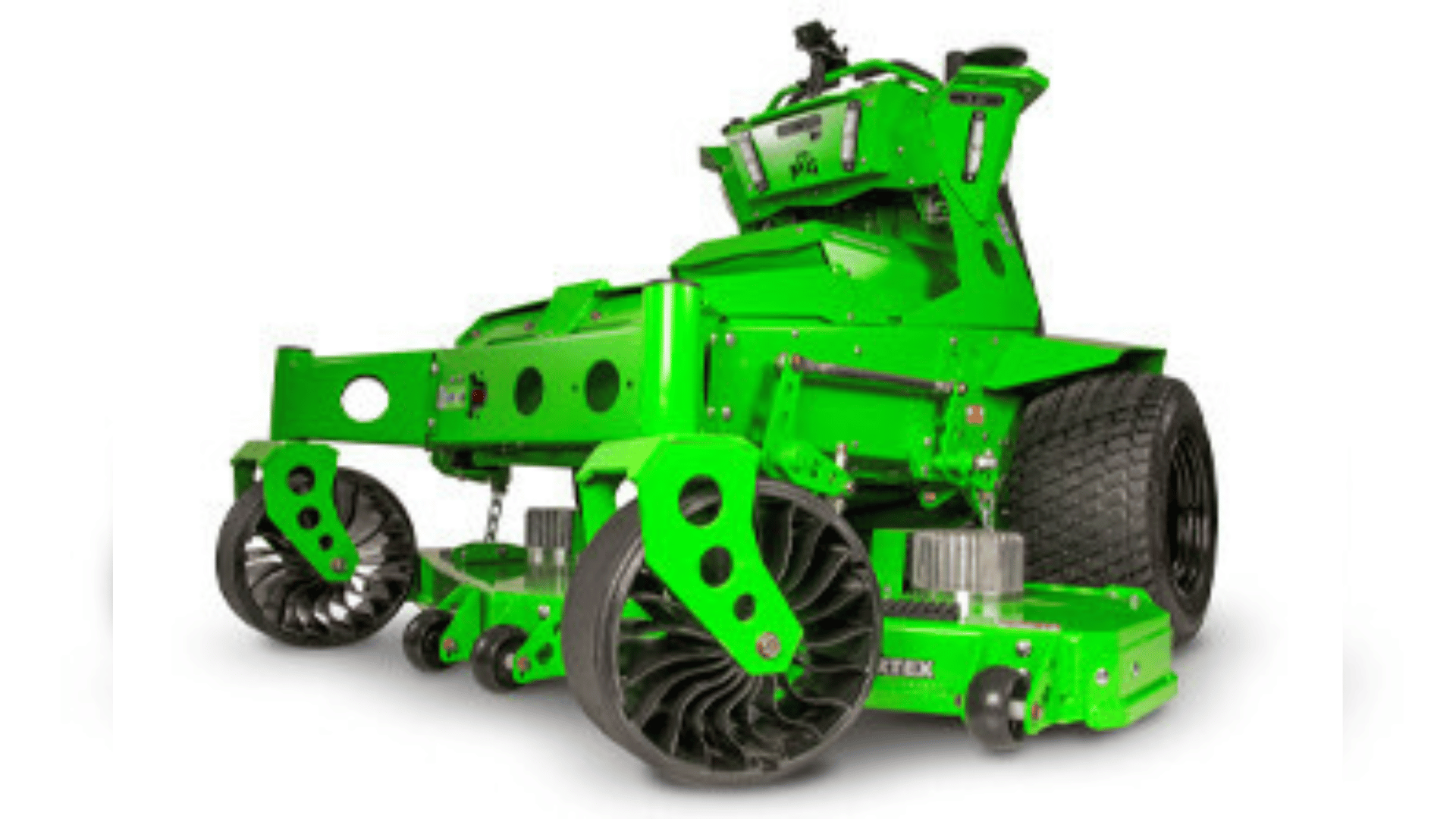easyJet is the first airline to trial a newer and lighter paint that saves fuel and potentially cuts carbon emissions. The airliner and its partner, Mankiewicz Aviation Coatings, developed a new system that reduces the amount of paint previously needed to create easyJet’s colors. This innovative paint is already on 38 aircraft and will eventually coat the airline’s fleet by 2030.
Light Weight Paint

According to the airline, the lighter-weight coat generates a relatively modest impact per plane (27kg weight reduction). However, combined with other fuel reduction methods and applied to entire fleets, it could be another method of reducing carbon emissions.
The airline says that the 38 aircraft already coated with lightweight paint deliver fuel savings. Once the company rolls out the fleet with the new coat, it’ll account for a 1,296-ton fuel reduction—equivalent to a 4,095-ton reduction of carbon emissions.
“easyJet is constantly exploring and developing innovative solutions to lower the impact of our operations,” said Lahiru Ranasinghe, Director of Sustainability at easyJet. “While this forms a small part of a bigger strategy, formulating a new lightweight paint with our partners at Mankiewicz Aviation Coatings exemplifies how we’re assessing every single part of our operation to find efficiency gains to help us achieve this mission.”
The airline launched a roadmap to net zero two years ago. They say the new coat is “complementary to easyJet’s sustainability strategy and roadmap to net zero.” Once the rollout is completed at the end of 2029, the new lightweight paint is expected to contribute to an overall fuel savings of 1296 tons per year.
easyJet is the first airline in the world to trial the new paint solution with Dublin-headquartered MRO specialist MAAS Aviation, painting the aircraft at its Maastricht facility. “Environmental responsibility is taken extremely seriously throughout our operations at MAAS,” said Richard Marston, Chief Commercial Officer at MAAS Aviation. “We are very proud to be part of such a groundbreaking initiative.”
In 2022, easyJet published its roadmap to net zero by 2050. The roadmap features a combination of fleet renewal, operational efficiencies, airspace modernization, Sustainable Aviation Fuel, and carbon removal technology.







